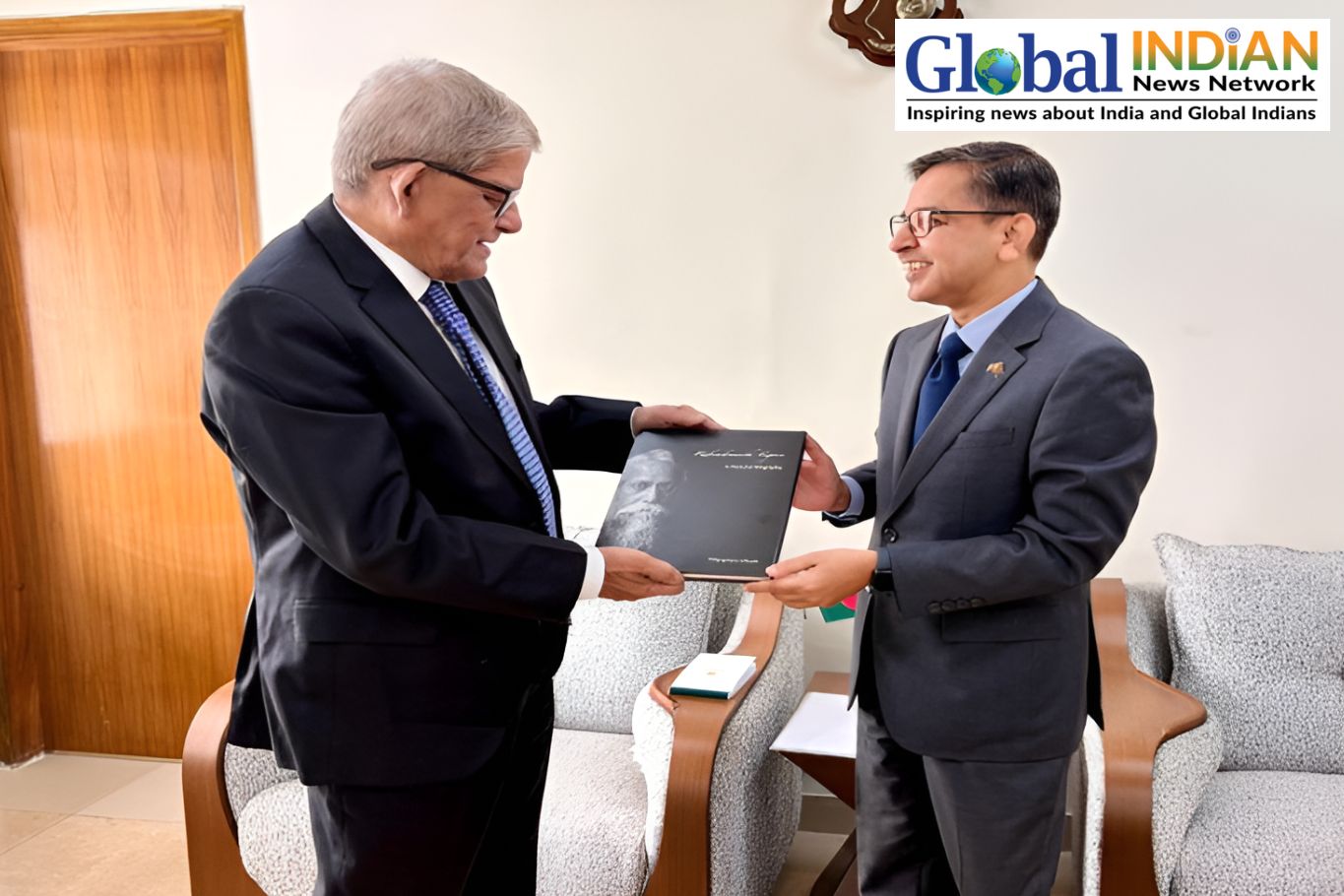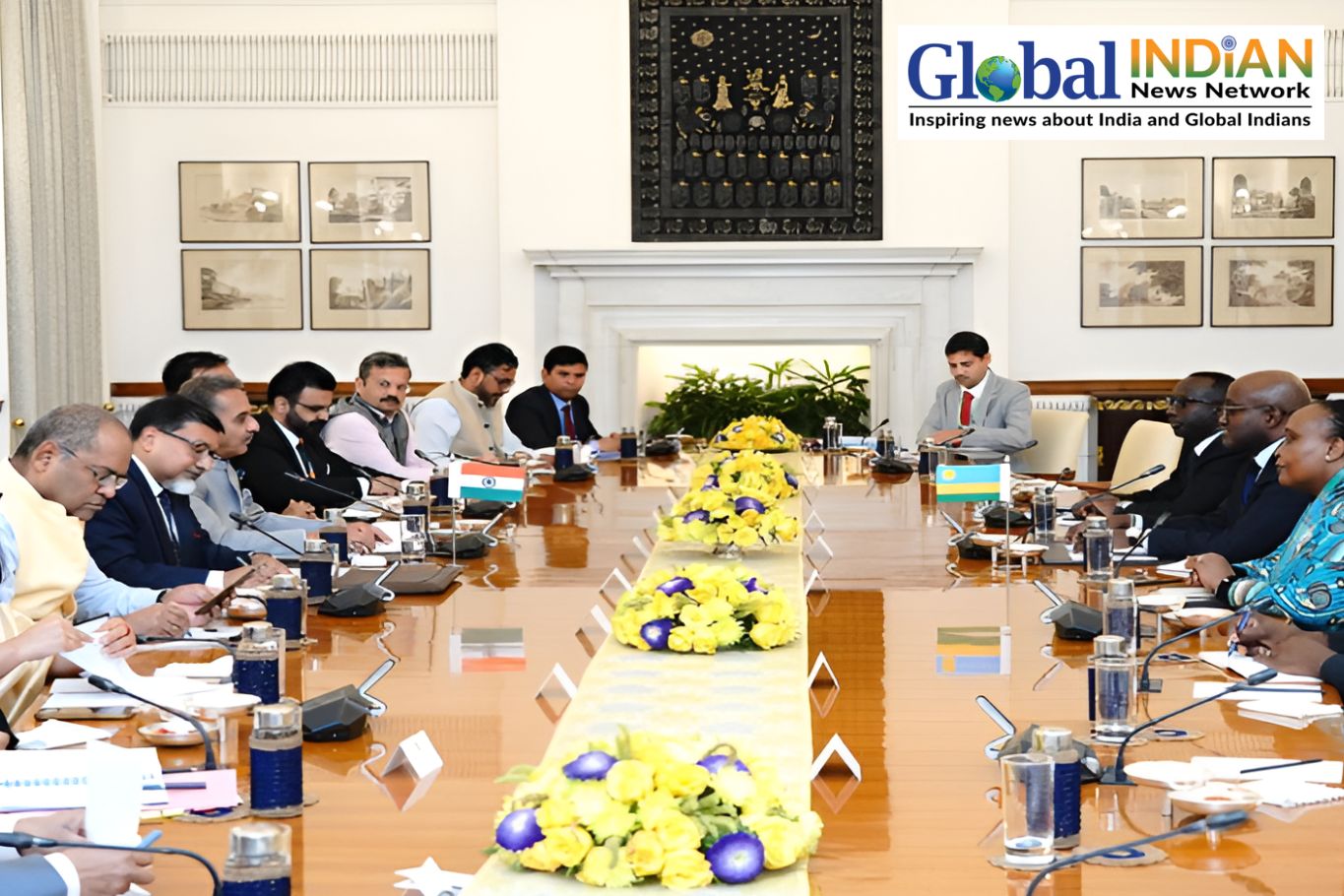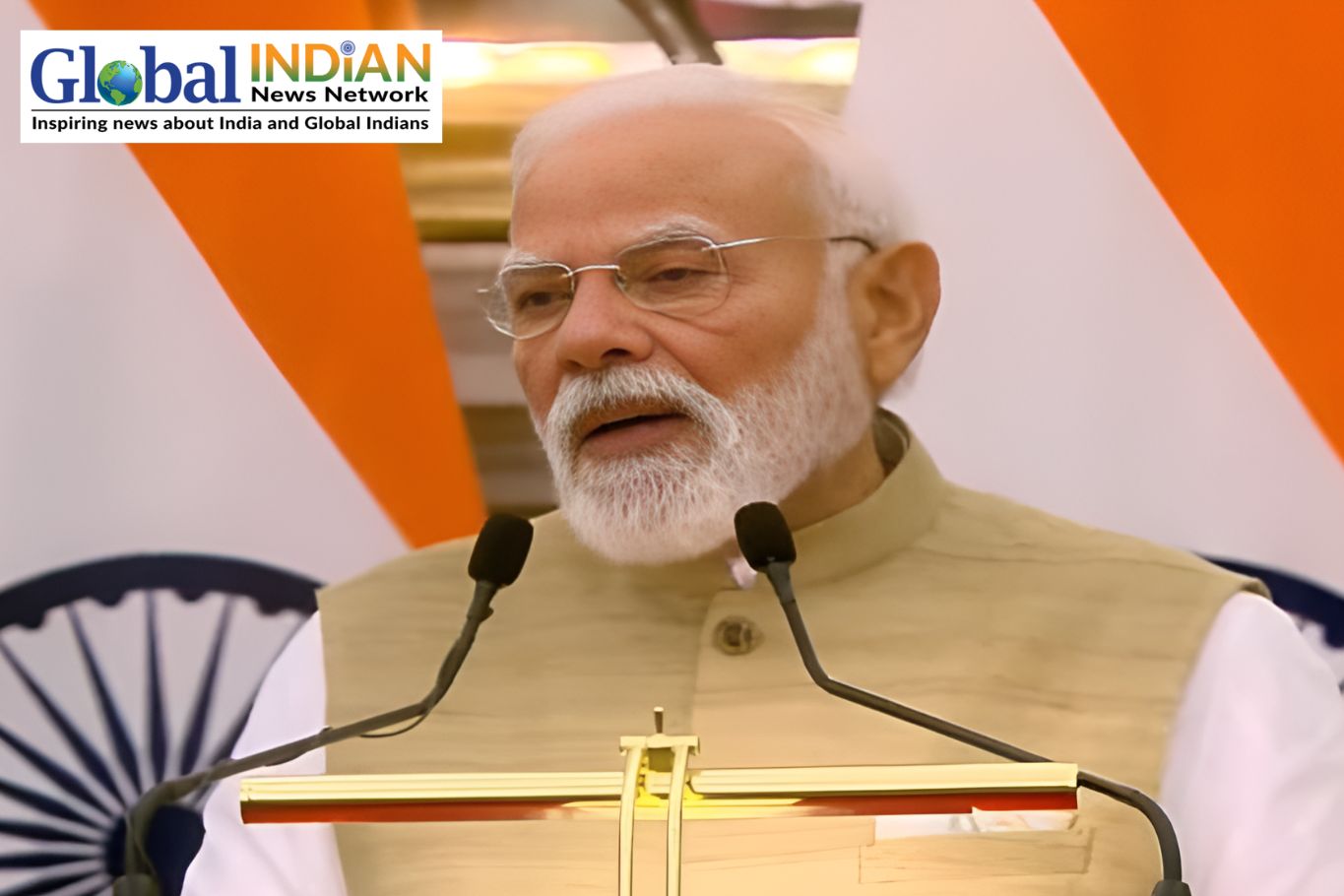 Inspired by India’s strides in making affordable medicines available to the public, 14 countries from the Global South, including Afghanistan under Taliban rule, are exploring the adoption of India’s Pradhan Mantri Bharatiya Janaushadhi Pariyojana (PMBJP) model, according to reliable sources.
Inspired by India’s strides in making affordable medicines available to the public, 14 countries from the Global South, including Afghanistan under Taliban rule, are exploring the adoption of India’s Pradhan Mantri Bharatiya Janaushadhi Pariyojana (PMBJP) model, according to reliable sources.
Eleven countries, including Nepal, Bhutan, Sri Lanka, Mozambique, Ghana, Suriname, Nicaragua, and the Solomon Islands, have acknowledged Indian drug standards, while Burkina Faso, Fiji Islands, and Saint Kitts and Nevis are actively negotiating with the Indian government to replicate the PMBJP initiative.
This program will enable Indian pharmaceutical companies to export generic medicines to these nations, said Ravi Dadhich, CEO of the Pharmaceutical and Medical Device Bureau of India, which oversees PMBJP. HLL Lifecare Ltd and the Ministry of External Affairs will coordinate the exports, leveraging HLL’s expertise in facilitating medicine distribution worldwide.
For international implementation, countries need to adopt the Indian Pharmacopoeia, which defines drug quality and safety standards. Regulated by the Indian Pharmacopoeia Commission and enforced under the Drugs and Cosmetics Act of 1940, these standards are pivotal to ensuring the credibility of Indian medicines globally.
Delegates from Burkina Faso, Fiji Islands, and Saint Kitts and Nevis have visited India’s PMBI offices, warehouses, and Janaushadhi Kendras to understand the scheme’s operations. Earlier this year, India opened its first International Janaushadhi Kendra in Mauritius, offering a wide array of affordable essential medicines.
Launched in 2008, the PMBJP initiative currently operates 12,000 Janaushadhi Kendras across India, with plans to expand to 25,000 by 2026. At the third Voice of Global South Summit, attended by 123 countries, India emphasized collective efforts to tackle global challenges, highlighting its commitment to equitable healthcare solutions.
By promoting affordable healthcare and expanding its global influence, India continues to strengthen its role as a leading advocate for the Global South.










